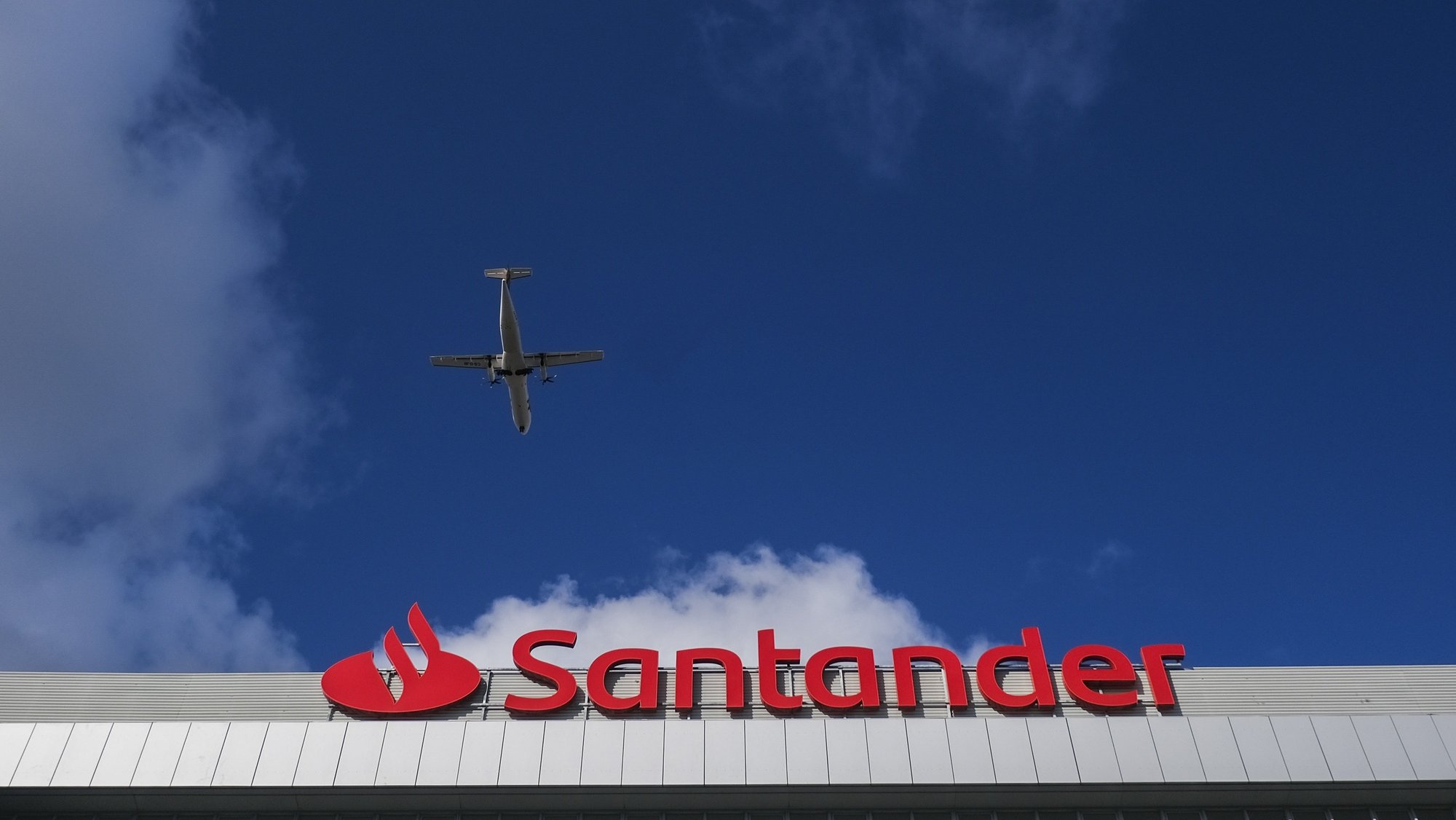The executive president of the Spanish group Santander said Thursday that “inflation is difficult to combat with taxes” and that there are consequences for “the economy in general” of the extraordinary tax on bank profits announced by the Government of Spain.
Inflation is difficult to combat with taxes”, said José Antonio Álvarez, in Madrid, during a press conference to present the results of the first half of this year of the Santander group, owner of Santander Totta in Portugal.
EITHER the group obtained global profits of 4,890 million euros in the first half of 2022, 33% more than in the same period of the previous year.
In Spain, where the Government announced that it will create a tax to tax the 2022 and 2023 profits of banks and energy companies, considering that extraordinary profits associated with inflation and rising interest rates are at stake, Santander’s profits in the first half increased by 86% (652 million euros).
The executive president (CEO) of Santander said this Thursday that he does not see where the extraordinary profits are and considered that this would only happen if the profits are multiplied by two or three, to cover the capital costs of the banks.
José Antonio Álvarez added that the banking sector already has large fiscal burdens, as well as other taxes and tax obligations for European and national funds.
Adding more does not seem the most appropriate to me,” he said, after considering the stigmatization of a sector that made a “huge effort” to respond to the needs of the activity and of all customers during the years of the Covid-19 pandemic. 19 worrying.
Insisting that the greater the predictability of “the rules of the game”, the lower the cost for the economy, the CEO of Santander considered that they are “those who suffer” the impacts of measures such as the one announced by the Government of Pedro Sánchez, in the first place, its bank shareholders, but also “the economy in general”, since a sector that “is critical for the functioning of the economy” is at stake.
Josá Antonio Álvarez estimated that the application of the tax announced in Spain would deprive the country’s banks of the capacity to grant €50 billion in credit over two years.
The Spanish government, a coalition that brings together the Socialist Party (PSOE) and the left-wing platform United We Can, expects revenue of 1,500 million euros a year from the extraordinary tax applied to banks, whose models will be presented to Parliament in September.
As for the tax on energy companies, the expectation is that it translates into annual income of 2,000 million euros for the Spanish State.
The Santander group, which also has operations in Brazil, recorded total profits of 4,890 million euros in the first half of 2022, 33% more than in the same period last year.
Santander Totta’s profit almost triples in the first half to 241 million euros
EITHER the country that contributed the most to the accounts was once again Brazilwith an ordinary profit of 1.37 million euros, 1% less than in the first quarter of 2021, due to increased costs and increased reserves.
Santander said it posted strong trading activity in the second quarter, despite market uncertainty.
The CEO highlighted at today’s press conference that the results are “very good”, especially in the “increasingly uncertain context”, with inflation “not seen for many years” and the rise in interest rates.
The Spanish group reached a new record in customer assets, which reached 1,100 million euros, thanks to growth of 4%, mainly driven by a 5% increase in deposits.
Loans also increased 6%, with emphasis on mortgages, which grew 7%, consumption, which rose 6%, and corporate loans, which grew 4%.
Source: Observadora
